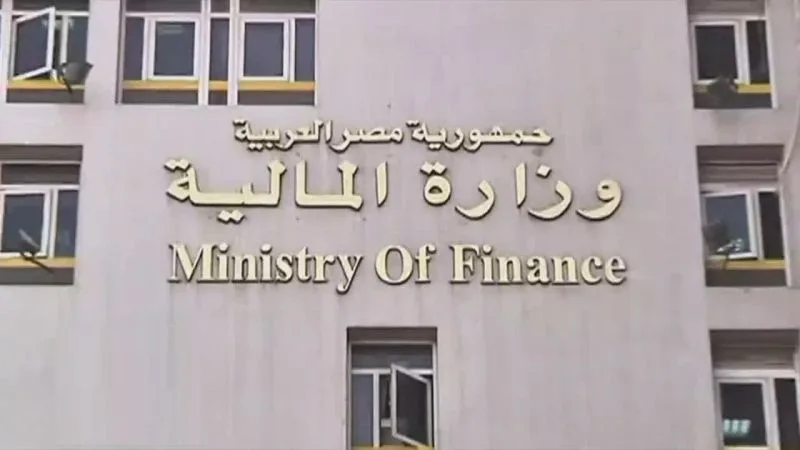The Egyptian Parliament issued new amendments to the Real Estate Tax Law in an effort to improve the tax environment, to support manufacturers and to reduce their tax burdens.
On 7 May 2020, the Egyptian Parliament issued the Law No. 23 for the year 2020 (the “Amendments”) amending certain provisions of the Real Estate Tax Law No. 196 for the year 2008 (the “Law”).
We will delve into the key highlights of the Amendments, which relate to two provisions of the Law.
Exemption for unused empty spaces of land
The first effect of these Amendments relates to the imposition of real estate tax on vacant lands. As a principle, under the Law, vacant lands are exempt from real estate taxes. However, the Law stipulated that vacant lands are subject to the tax if they are exploited. The Amendments brought about a new qualification requiring the exploitation to be actual. Therefore, in order for a vacant land to be subject to the tax under the Law, the land must be actually exploited.
The Amendments further refer to the executive regulations of the Law to determine the criteria based on which vacant land is considered to be actually exploited. Therefore, it is highly likely that the executive regulations of the Law will be amended soon to include such criteria.
One of the apparent purposes of this Amendments is to reduce the tax burden on factories as real estate tax is generally applied to all vacant lands annexed to factories, whether those are “actually exploited”. This should no longer be the case under the Amendments.
Exemption for the buildings used in undertaking production activities and strategic services
The Amendments also add a new provision to the Law. Said provision authorizes the Cabinet to exempt the buildings actually used for production and service provision activities from the real estate tax, provided that such activities are within the activities determined by the Cabinet.
The period of exemption shall be determined by the Cabinet, and the exemption shall be decided upon the proposal of the Minister of Finance in coordination with the competent minister.
The aforementioned Amendments aim to encourage the production activities and the strategic services for the important role that these play in the economy.
Market reaction
Mohamed Ma’ait, the Minister of Finance, stated that “this law is drafted in a flexible manner allowing for any tax incentives granted thereunder to be withdrawn if not properly implemented.”
Further, Yasser Omar, the secretary of the Planning and Budget Committee in the Parliament indicated that “the amendments were prepared before the COVID-19 pandemic, and there is no problem in helping manufacturers and producers in the current period.”




